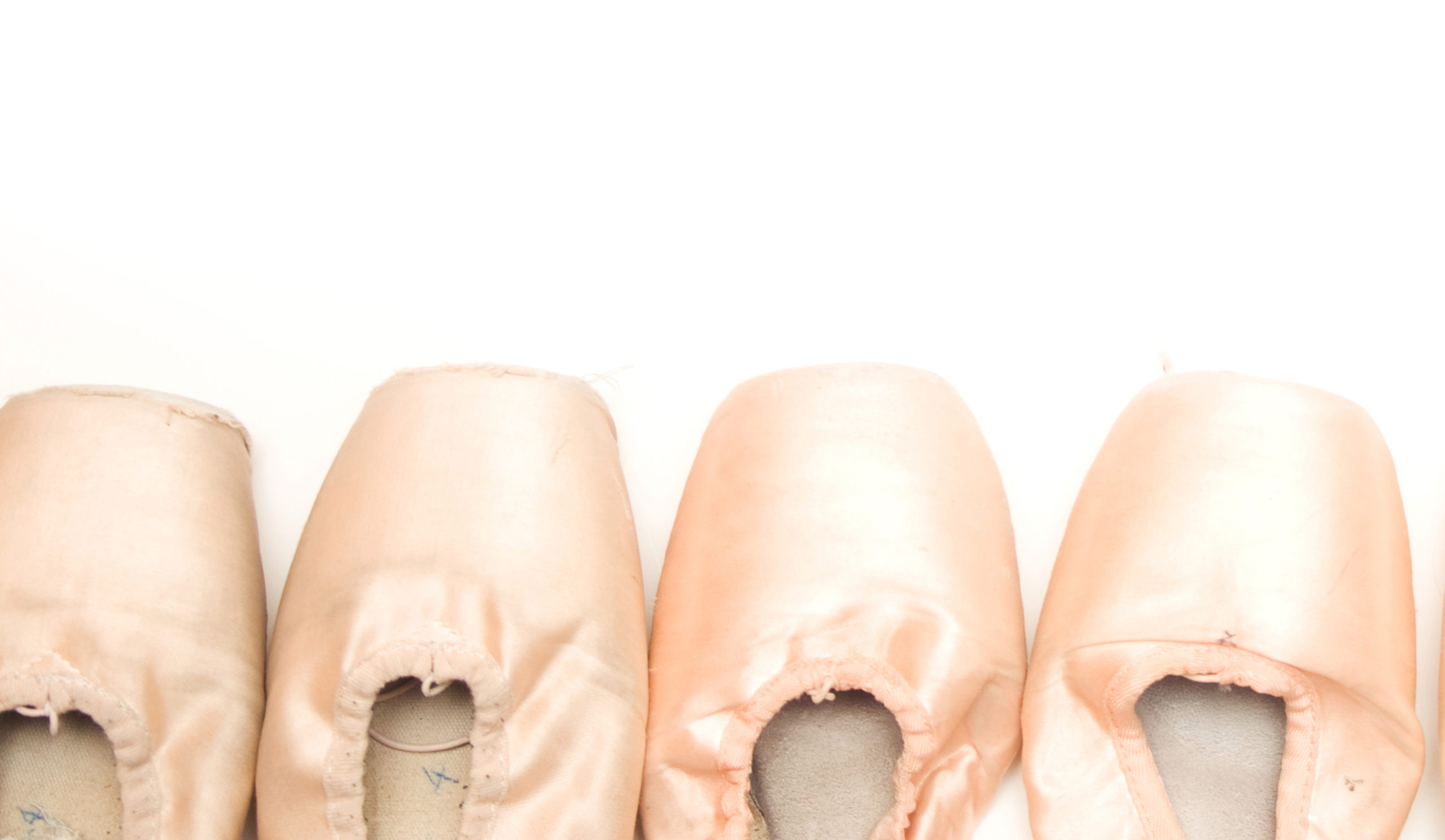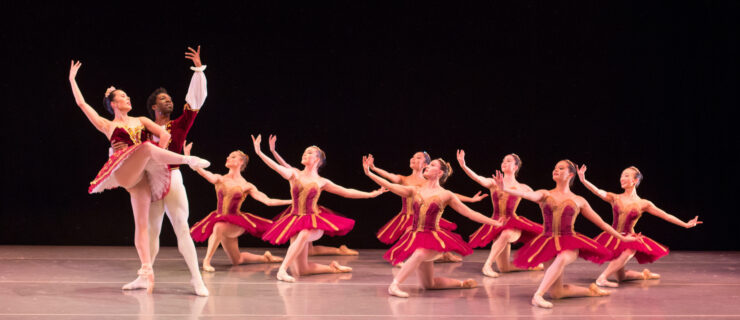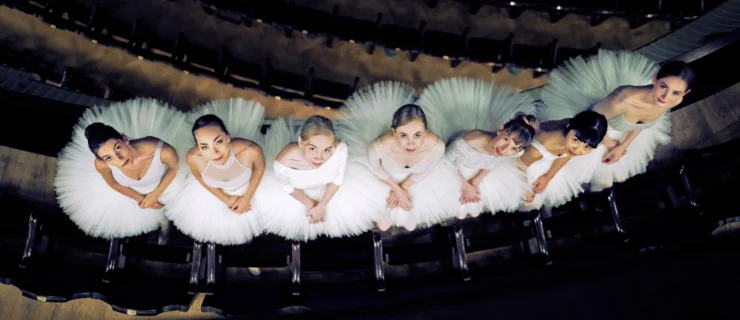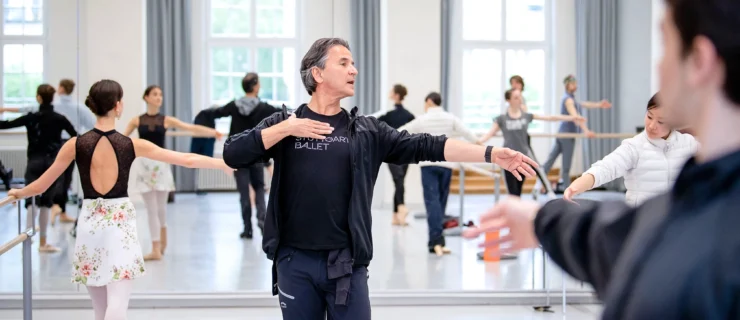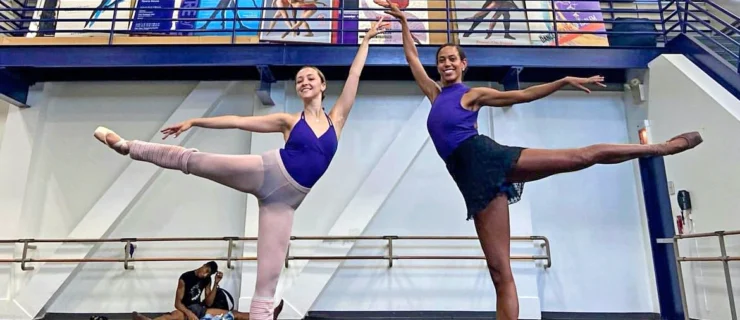Slow Down
I’ve never been a very patient person or dancer, and this has always been reflected in the kinds of classes I like to take. I prefer a pretty fast class in which the barre just flies by so that I can get to center and really dance. I love petit allegro, too—the faster, the better, and since I hate doing adagio, I prefer to get it over with quickly. I enjoy a speedy and difficult class, and when I’m enjoying myself, I feel better about my dancing. However, I’ve recently started taking a slower class twice a week, and it’s made me realize that the real test of your technique is not how fast you can dance or how many whip-like pirouettes you can do. It’s about how refined your fundamental technique is, and I really believe now that this can only be achieved by regularly taking a slower class.
These kinds of classes may not be a lot of fun, and you may find yourself chomping at the bit to speed up, but it’s always worth it in the end. It’s a valuable opportunity to challenge yourself to make everything as perfect as you can, which in the end is a lot harder than flying through it without a second thought, because you don’t have time to think. For example, take a simple movement like a passé relevé from fifth front to back. Easy to do quickly, right? After all, you just go up and down. Now try it again, but stretch the descent of your working foot over eight slow counts without holding on to the barre, and without coming off relevé until that foot is in fifth. It’s really hard to do without losing your balance, but if you practice it regularly, as I do in my slow classes, your pirouettes will definitely improve. This is because what you’re really doing is practicing holding the retiré position and controlling your landing. You’ll be able to do more and cleaner turns; not only because your balance will be more solid, but also because you’ll be more patient in staying on relevé or on pointe before putting your working foot down in fourth or fifth. When I started doing this exercise, I was surprised at how much self-discipline it took not to get in my own way by slamming my foot back down on the floor as quickly as I could.
This is just one example of how a slower class can benefit your technique, but if you work correctly, everything you do in that class will benefit what you do in a faster class or in rehearsal. Since you’ll have been able to identify and correct errors that you wouldn’t see in a fast class, your dancing will be cleaner and more confident overall. More importantly, you’ll also learn to be more patient with yourself, and your work ethic will improve, which will not go unnoticed.
